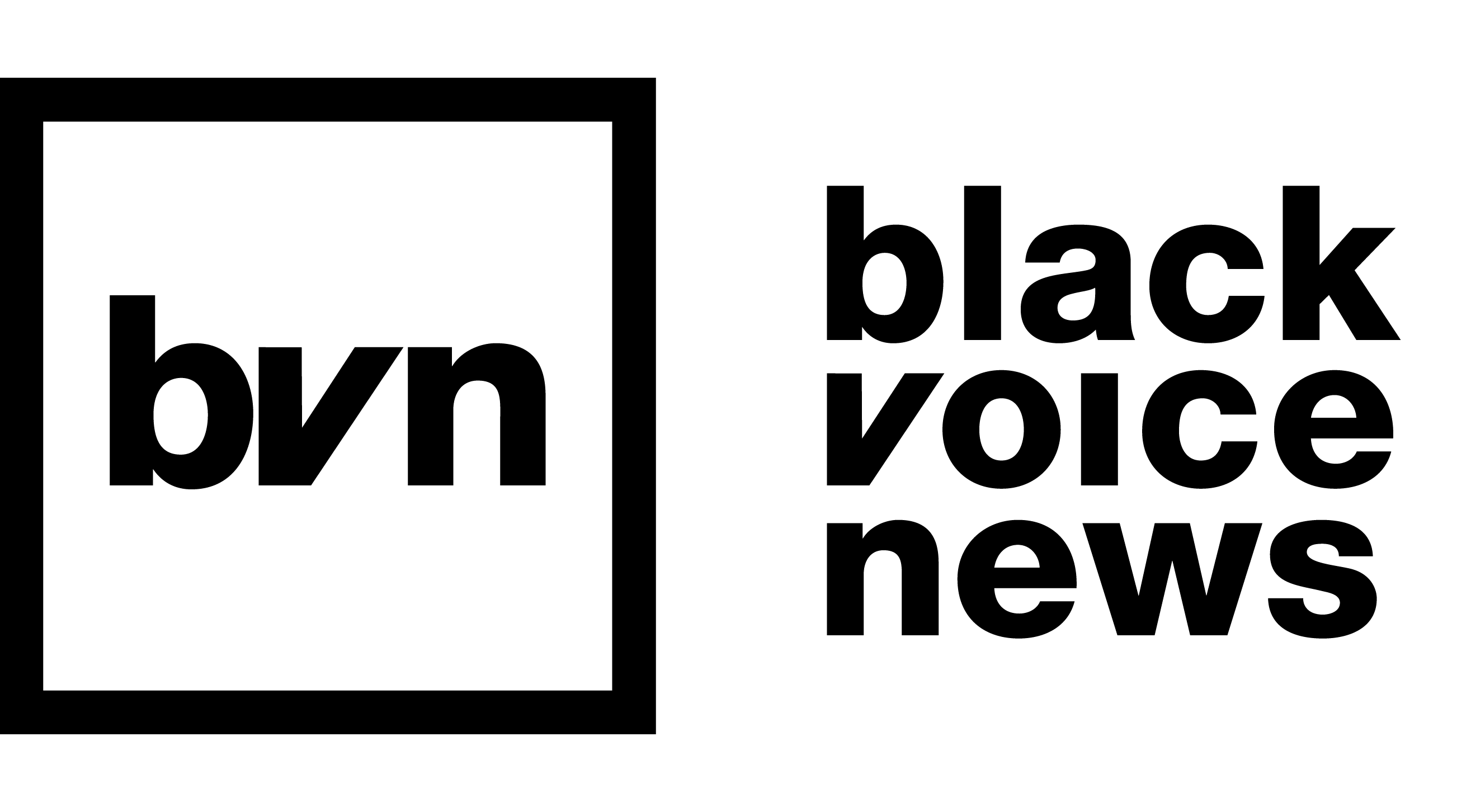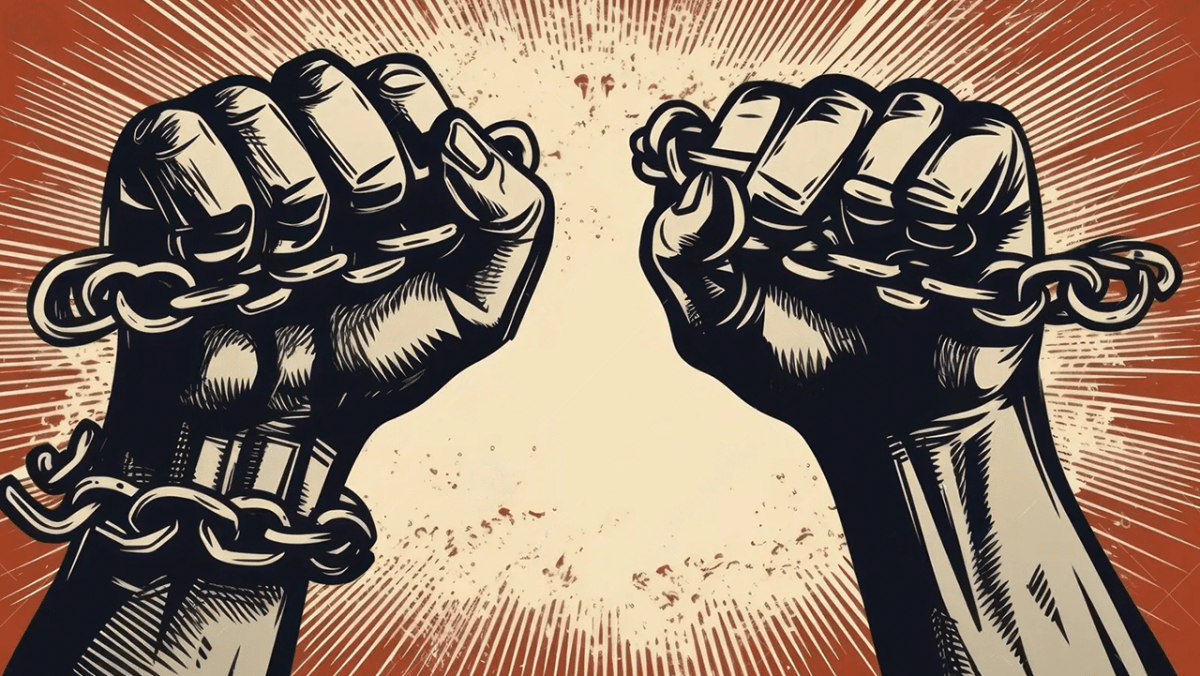Last Updated on June 18, 2024 by BVN
Overview: Juneteenth, the day slaves in Galveston, Texas, learned of their freedom, is now a national holiday. However, Black people in America remain shackled by a nation bound to the dying gasps of white supremacy. Despite progress, Blacks still face persistent disparities in health care coverage, access to health care services, and other areas. TA report by AP highlights a pattern regarding who in this country has access to pharmacies, with Black and Latino residents in predominantly Black and Brown neighborhoods having fewer pharmacies per capita than residents of predominantly white neighborhoods. The nation must permanently remove the shackles of institutional and structural racism that perpetuate disparity.
S.E. Williams
June 19, 1865, the day the enslaved people in Galveston, Texas, learned of their freedom, is now a national holiday.
Today, the Juneteenth holiday is called by many names including Black Independence Day, Jubilee Day, Emancipation Day, Juneteenth Independence Day, Juneteenth National Independence Day, to name a few.
Independence! Emancipation! Jubilee! Are conjure exciting, uplifting, celebratory feelings. For someone like me, part of only the third generation in my family to be born “free,” I can only imagine what it felt like for my ancestors to be unshackled–free to do what they wanted to do.
Yes, Black bodies are physically unshackled and no one can argue there has been progress for Blacks in many areas since June 19, 1863. But, after all these years, Blacks remain socially and economically shackled by a nation bound to the dying gasps of white supremacy and dripping racism.
By almost any measure, Blacks in America are shackled. As Webster defines the term, “to be shackled is to [be] deprived of freedom of action by means of restrictions or handicaps.”
“I am for the “immediate, unconditional, and universal” enfranchisement of the [B]lack man, in every State in the Union. Without this, his liberty is a mockery; without this, you might as well almost retain the old name of slavery for his condition.”
Frederick Douglass
We see it in the persistent data–whether it is related to homelessness, maternal mortality, infant mortality, prostrate cancer, breast cancer, lung cancer, heart disease, high blood pressure, higher rates of poverty, lower rates of high school graduations, and the list goes on and on.
I recently learned of another disparity. AP reports, there’s a pattern regarding who in this country has access to pharmacies. The report shows the gap in urban and rural neighborhoods. The report goes on to show how Black and Latino residents who live in largely Black and Brown neighborhoods have fewer pharmacies per capita than residents of predominantly white neighborhoods.
Of course, this comes as no surprise especially since Blacks still have less health care coverage and/or access to health care services in their community. This is just one more example of the multitude of inequities that never seem to even out.
Yes, we should celebrate Juneteenth though we must simultaneously continue to demand to be unshackled. We must continue the push for reparations. We must continue demanding the same basic access to the American Dream as everyone else in this country.
As importantly, this nation must permanently remove the shackles of institutional and structural racism that perpetuate disparity. Until these and a myriad of other issues still requiring equitable implementation are reconciled, regardless of emancipation and the declaration of Juneteenth as a national holiday Black people in America remain shackled by the same mindset that once held us in chains.
Of course, this is just my opinion. I’m keeping it real.



